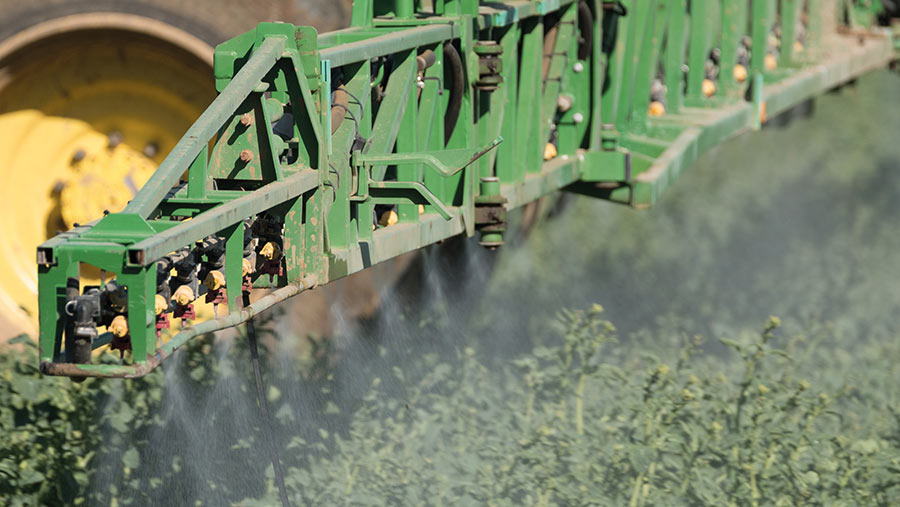FW Opinion: Is farming’s fear of failure a brake on progress?
 © Tim Scrivener
© Tim Scrivener At what age do you get cynical about there being nothing new under the sun? If I had a fiver (not a pound – inflation) for each time I heard regenerative agriculture come in for heavy tutting as it’s simply “what our grandfathers did” then I’d be able to afford a five-furrow reversible.
But so what? Alongside pipe smoking and the heavy use of a Morris Minor, of course knowing how to farm with fewer chemicals was something many people’s grandfathers did in the era before cheap, effective and abundant fertiliser and agchems.
Now that it appears credible there could be an era after these products, it seems right to dust off a few old ideas and see how they work in this century.
See also: Retailer spats put us at risk of food shortages
I’m as happy as anyone to lampoon any person or institution with an overinflated sense of their own importance, but there has to be a balance between that and stifling the enthusiasm of those who improve our industry by challenging the status quo.
In that spirit, allow me to briefly mention two institutions in the news this week: The Institute of Agriculture and Horticulture (Tiah) and the Agriculture and formerly Horticulture Development Board. AHDB (to use the proper name) is cheerfully celebrating the culmination of a brand rehabilitation exercise.
After finally finding out who is sending it money, it carefully didn’t ask farmers whether it should be scrapped and is now very pleased that no one said it should.
Tiah has been set up to solve a pile of woes linked to the recruitment and retention of farm staff (but just in England).
It has secured £1.8m from Defra for this purpose and is now on the hunt for 300 farmers to tell it whether or not this sort of help is wanted.
Neither of these bodies has the capacity to single-handedly save farming. And anyone who is a levypayer or a taxpayer should scrutinise whether they represent value for money.
But I would rather be a part of an industry with the capacity and enthusiasm for big ideas than a timid sector that is so afraid of failure it withers away.
In return, criticism delivered in that spirit from farmers should be welcomed rather than discouraged, and no firm, public or private, should get so big that they forget they don’t automatically have a right to exist.
So well done AHDB on clarifying your priorities – now your job is to deliver on them. And good luck Tiah – hopefully you’ll give back some of the Defra money to your farmer cohort by paying them for their time.
Are you keeping stories to yourself?
Ten years ago one of my favourite columnists was The Secret Footballer in The Guardian.
Being anonymous gave them the opportunity to be far more outspoken and honest.
Now I would like to be able to do that at Farmers Weekly. If you think you can lift the lid on an aspect of farming that we don’t adequately cover, I’d like to hear from you.
Perhaps you’re a grain trader with some insights into farmer behaviour, a member of a government agency or a farming union.
Maybe you’d like to talk candidly about the tenant/landowner relationship. There will be plenty of other examples.
If you have insights to share and you would like to be paid for them, get in touch with me to learn more by emailing andrew.meredith@markallengroup.com.

